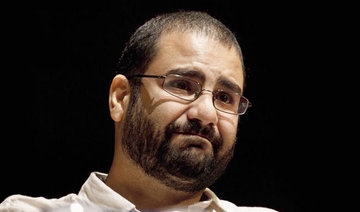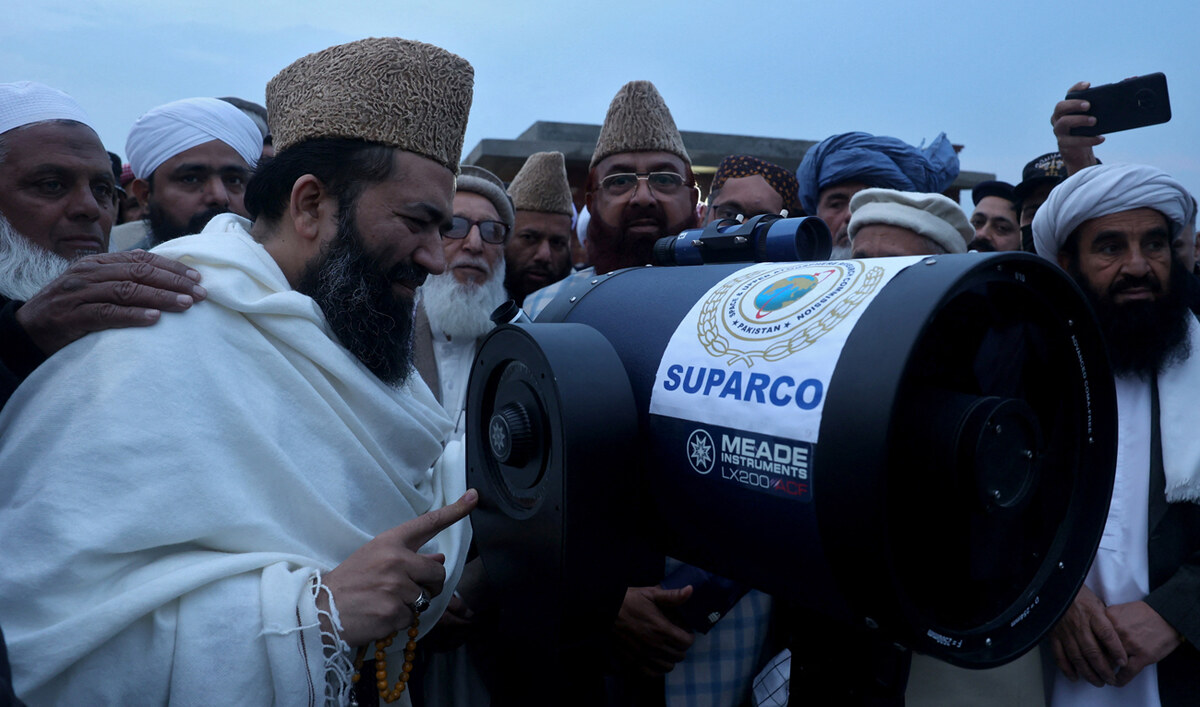BEIRUT/WASHINGTON: Israel is lobbying the United States to keep the Syrian Arab Republic weak and decentralized, including by letting Russia keep its military bases there to counter Turkiye’s growing influence in the country, four sources familiar with the efforts said.
Turkiye’s often fraught ties with Israel have come under severe strain during the Gaza war and Israeli officials have told Washington that Syria’s new Islamist rulers, who are backed by Ankara, pose a threat to Israel’s borders, the sources said.
The lobbying points to a concerted Israeli campaign to influence US policy at a critical juncture for Syria, as the Islamists who ousted Bashar Assad try to stabilize the fractured state and get Washington to lift punishing sanctions.
Israel communicated its views to top US officials during meetings in Washington in February and subsequent meetings in Israel with US Congressional representatives, three US sources and another person familiar with the contacts said.
The main points were also circulated to some senior US officials in an Israeli “white paper,” two of the sources said.
All the sources spoke on condition of anonymity due to diplomatic sensitivities.
“Israel’s big fear is that Turkiye comes in and protects this new Syrian Islamist order, which then ends up being a base for Hamas and other militants,” said Aron Lund, a fellow at US-based think-tank Century International.
The US State Department and National Security Council did not provide a response to questions for this story. The office of Israel’s prime minister and the foreign ministries in Syria and Turkiye did not immediately respond to requests for comment.
It was not clear to what extent US President Donald Trump’s administration is considering adopting Israel’s proposals, the sources said. It has said little about Syria, leaving uncertainty over both the future of the sanctions and whether US forces deployed in the northeast will remain.
Lund said Israel had a good chance of influencing US thinking, describing the new administration as wildly pro-Israeli. “Syria is barely even on Trump’s radar now. It’s low priority, and there’s a policy void to fill,” he said.
ISRAELI ATTACKS
Israel has publicly declared its mistrust of Hayat Tahrir Al-Sham (HTS), the Islamist faction that led the campaign that toppled Assad and which emerged from a group that was affiliated to Al-Qaeda until it cut ties in 2016.
Israeli Prime Minister Benjamin Netanyahu said on Sunday that Israel will not tolerate the presence in southern Syria of HTS, or any other forces affiliated with the new rulers, and demanded the territory be demilitarised.
Following Assad’s ouster, Israel carried out extensive airstrikes on Syrian military bases and moved forces into a UN-monitored demilitarised zone within Syria. Earlier this week, Israel struck military sites south of Damascus.
Now, Israel is deeply concerned about Turkiye’s role as a close ally of Syria’s new rulers, three US sources said, describing the messages delivered by Israeli officials.
Turkish President Tayyip Erdogan, who leads the Islamist-rooted AK Party, said last year that Islamic countries should form an alliance against what he called “the growing threat of expansionism” from Israel.
Earlier this month, Israeli Foreign Minister Gideon Saar said Israel was concerned Turkiye was supporting efforts by Iran to rebuild Hezbollah and that Islamist groups in Syria were creating another front against Israel.
Turkiye has said it wants Syria to become stable and pose no threat to its neighbors. It has repeatedly said Israel’s actions in southern Syria were part of its expansionist and invasive policy, and showed Israel did not want regional peace.
To contain Turkiye, Israeli officials have sought to persuade US officials that Russia should keep its Mediterranean naval base in Syria’s Tartus province and its Hmeimim air base in Latakia province, the sources said.
When Israeli officials presented Russia’s continued presence in a positive light in a meeting with US officials, some attendees were surprised, arguing that Turkiye — a NATO member — would be a better guarantor of Israel’s security, two of the US sources said.
Israeli officials were “adamant” that was not the case, the sources said.
Syria’s new leadership is in talks with Russia over the fate of the military bases.
SERIOUS THREAT
Syria’s Islamist-led government has sought to reassure Western and Arab states about its intentions, promising an inclusive Syria and seeking to restore diplomatic ties with governments that shunned Assad.
Syria’s leader Ahmed Al-Sharaa told a group of foreign journalists in December that Damascus did not want conflict with Israel or other countries.
Israeli officials, however, voiced concern to US officials that the new government could pose a serious threat and that Syria’s new armed forces might one day attack, the sources said.
Assad kept the frontier with the Israeli-occupied Golan Heights quiet for years despite his alliance with Israel’s arch-foe Iran, which had a dominant role in Syria until his downfall upended the Middle East’s power balance.
Two sources said that in the final weeks of US President Joe Biden’s term, his administration considered offering sanctions relief to Syria’s new leaders in exchange for closing Russia’s two military bases.
Two former US officials under the Biden administration did not immediately respond to requests for comment.
The sources said Biden’s team failed to secure a deal before Trump took office on January 20 and that they expected the new US president, who has drawn closer to Russian President Vladimir Putin, to be more open to Russia staying.
Israel’s lobbying to keep Syria weak points to a starkly different approach to other US-allied states in the region, notably Saudi Arabia, which said last month it was talking to Washington and Brussels to help lift Western sanctions.
A source in Erdogan’s AK party said Ankara hosted Russian Foreign Minister Sergei Lavrov on Tuesday in part as a hedge against the uncertainty of the new US policy in Syria, and to balance any Israeli measures there — including with the US — that threaten Turkish interests.



























